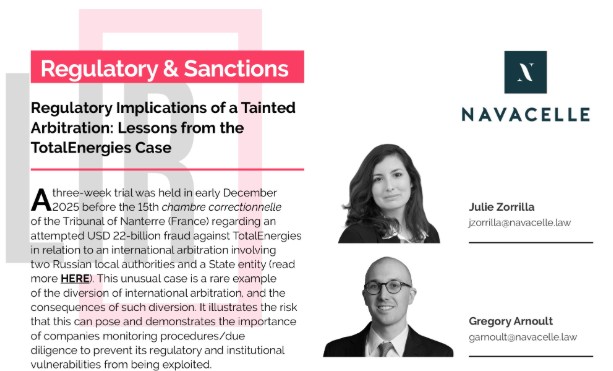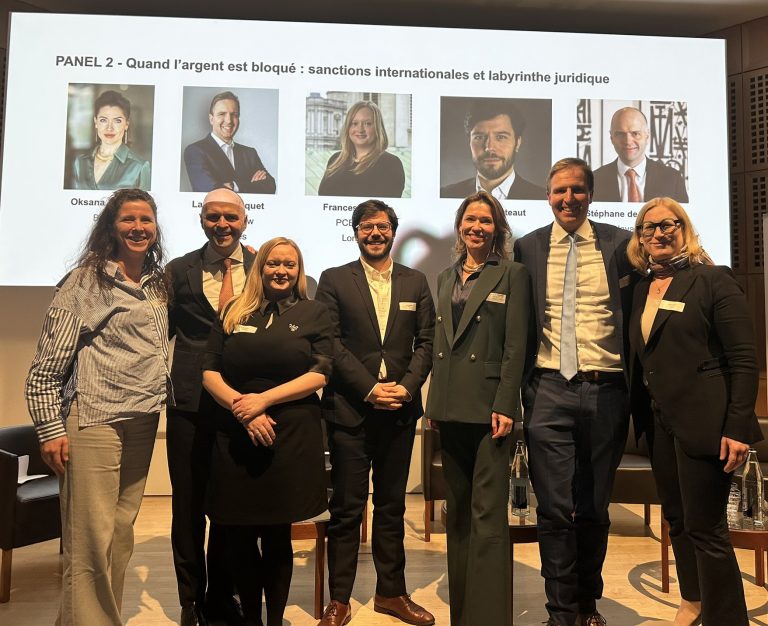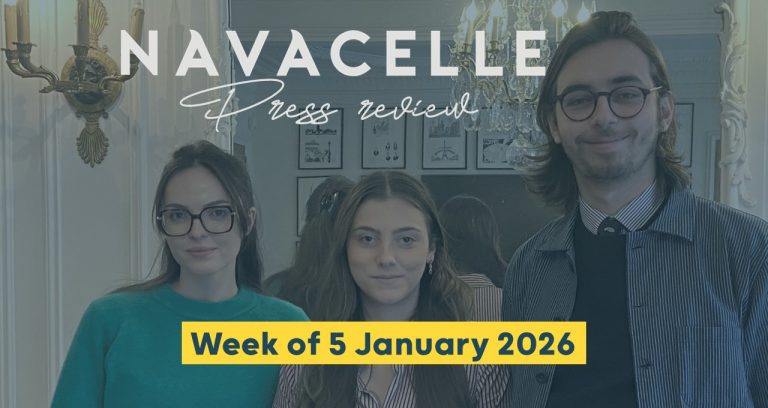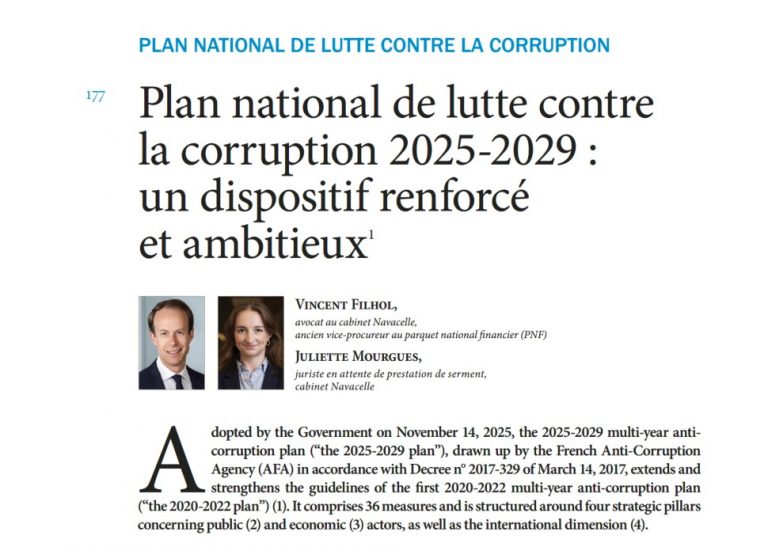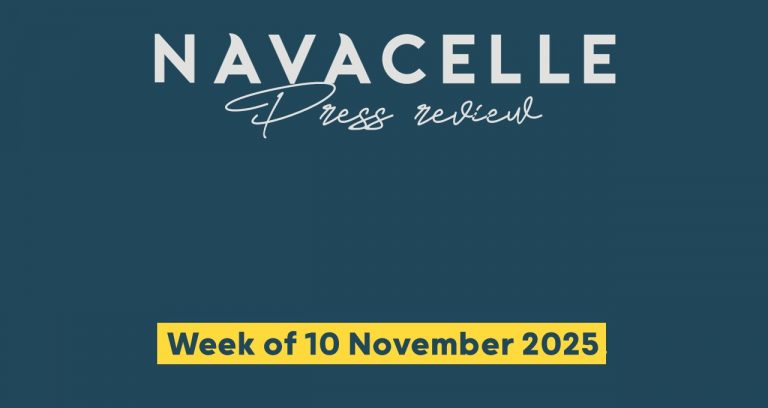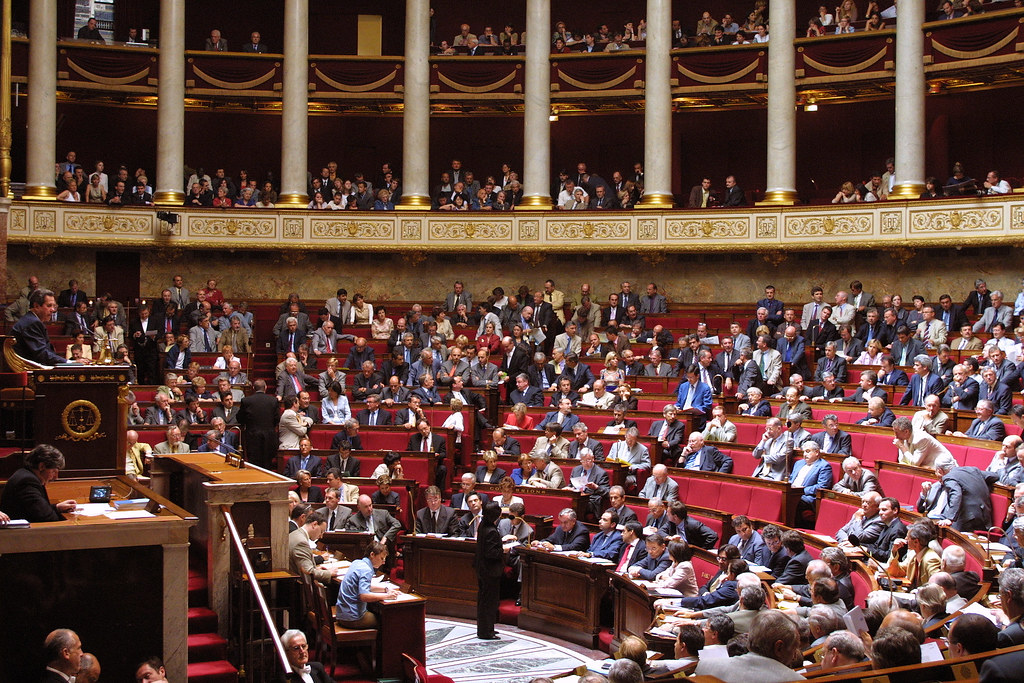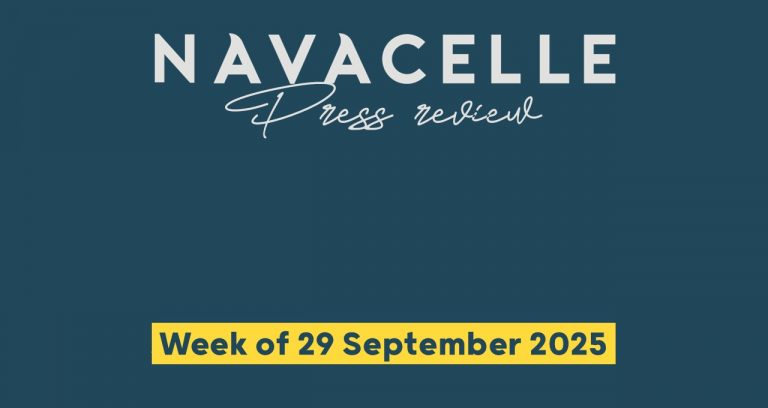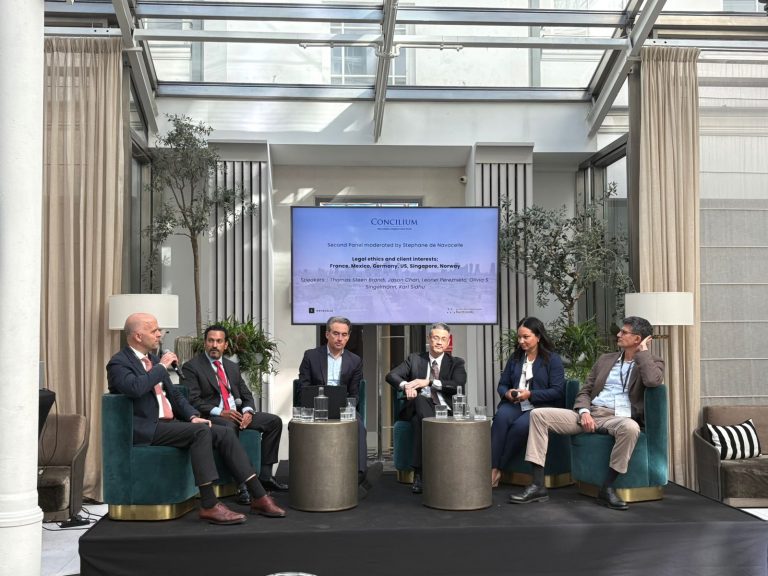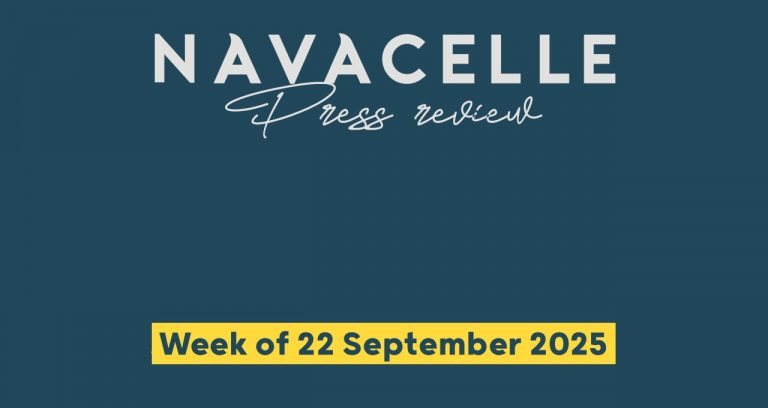The fight against greenwashing reached a new milestone at the end of October 2025.[1] For the first time, according to the non-governmental organizations at the origin of the complaint, the French judiciary found that the online statements of an oil and gas major, promoting its environmental commitments, were likely to mislead consumers regarding the actual scope of those commitments.
Indeed, in a decision issued on 23 October 2025, the 34th chamber of the Paris Judicial Court ordered TotalEnergies and TotalEnergies Electricité et Gaz to remove from their website statements describing the company as a “major figure in the energy transition” and asserting its “ambition to achieve carbon neutrality by 2050”.
This decision followed a legal action brought by the non-governmental organizations Greenpeace France, Notre Affaire à Tous, and Les Amis de la Terre against companies of the TotalEnergies group. The claimants accused the group of disseminating misleading messages about its environmental commitments during a 2021 communications campaign presenting its new energy strategy. They brought the case before the Court on the basis of Articles L.121-1 to L.121-3 of the French Consumer Code,[2] which prohibit misleading commercial practices, and sought compensation for the ecological damage caused by the company’s activities affecting the atmosphere.
This decision, which Total group has indicated it does not intend to appeal, illustrates, on the one hand, the recognition of environmentally misleading commercial practices (I) and, on the other hand, the ongoing legal challenges posed by this type of litigation (II).
I. Recognition of misleading commercial practices in environmental matters
Under French consumer law, unfair commercial practices, particularly misleading ones, are prohibited.[3] Articles L.121-1 and following of the French Consumer Code, derived from Directive 2005/29/EC,[4] aim to protect consumers from any communication likely to mislead them, whether through “false or misleading claims, indications or presentations […] particularly regarding the environmental impact of a product or service, or through the omission or concealment of information likely to mislead the consumer” of a product or service, or through the omission or concealment of information likely to mislead the consumer. [5]
Gradually, these consumer law provisions have provided a framework for sanctioning misleading claims, indications, or presentations related to environmental matters. This trend was further strengthened by Directive (EU) 2024/825[6] which classifies misleading environmental claims as “greenwashing” and sets out the main principles to protect consumers and ensure they can make genuinely sustainable choices.
In this context, the decision issued on 23 October 2025, by the Paris Judicial Court illustrates the protection offered by consumer law against greenwashing. After referencing the aforementioned 2024 Directive, noting its lack of transposition at the time of the decision, and stating that it could not interpret domestic law in a way that might undermine the objectives pursued by that EU text,[7] the court found that the information published by TotalEnergies on its website, describing its “ambition to be a major player in the energy transition”[8] and its efforts toward carbon neutrality by 2050 was likely to “substantially influence the economic behavior of a reasonably attentive and informed consumer” [9], potentially leading them to “believe that by purchasing the company’s products or services, they were contributing to the development of a low-carbon economy”.[10] The decision also emphasized that the group’s continued investments in oil and gas run counter to the goals set by the Paris Agreements.[11]
Based on these findings, the court held TotalEnergies and TotalEnergies Electricité et Gaz France liable for misleading commercial practices. The companies were ordered to cease the online dissemination of the disputed claims and to publish the court’s decision on their website for a period of 180 days. Additionally, the judgment awarded the three claimant associations damages in compensation for their moral prejudice.[12]
II. Persistent Legal Hurdles in Climate Litigation
The first challenge highlighted by this decision is the limited scope of Articles L.121-1 to L.121-3 of the French Consumer Code. For a practice to be classified as misleading under these provisions, it must necessarily fall within the scope of a commercial activity.
In the TotalEnergies case, the claimants notably pointed out that the group portrayed fossil gas and certain biofuels as low-pollution energy sources, using language associated with renewable energy, thereby contributing to misleading consumers about the true nature of these products.
On this point, however, the court held that these statements constituted informational communication and were not directly related to “the promotion, sale, or supply of energy to consumers”.[13] Whether misleading or not, this information was therefore not considered commercial by the court and fell outside the scope of protection provided by the Consumer Code.
A second challenge arising from the 23 October 2025 decision concerns the non-governmental organizations’ claim for compensation for ecological damage under civil liability. Since Law no. 2016-1087 of 8 August 2016, it is possible to hold any person liable for ecological harm.[14] However, demonstrating the causal link between the group’s activities and such damage remains extremely complex, which explains why this claim was denied.
In this regard, the court recalled that the ecological damage claimed by the non-governmental organizations could not give rise to compensation. The judges held that the Total group’s communications on the benefits of fossil gas and biofuels were information about the group’s projects and not messages directly related to the sale of products.[15] As a result, claimants were unable to demonstrate that these communications were likely to encourage consumers to favor fossil fuels, thereby causing harm to the atmosphere.
The issue of evidence therefore remains a major challenge, limiting the likelihood of success for certain legal actions, particularly when it comes to the actual impact of environmental communications on consumer behavior or on the environment.
